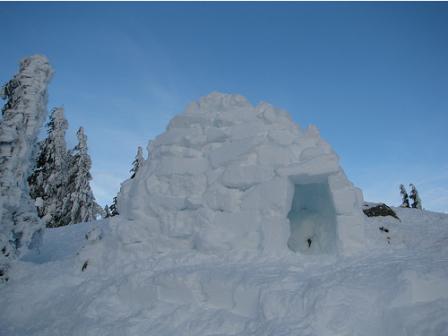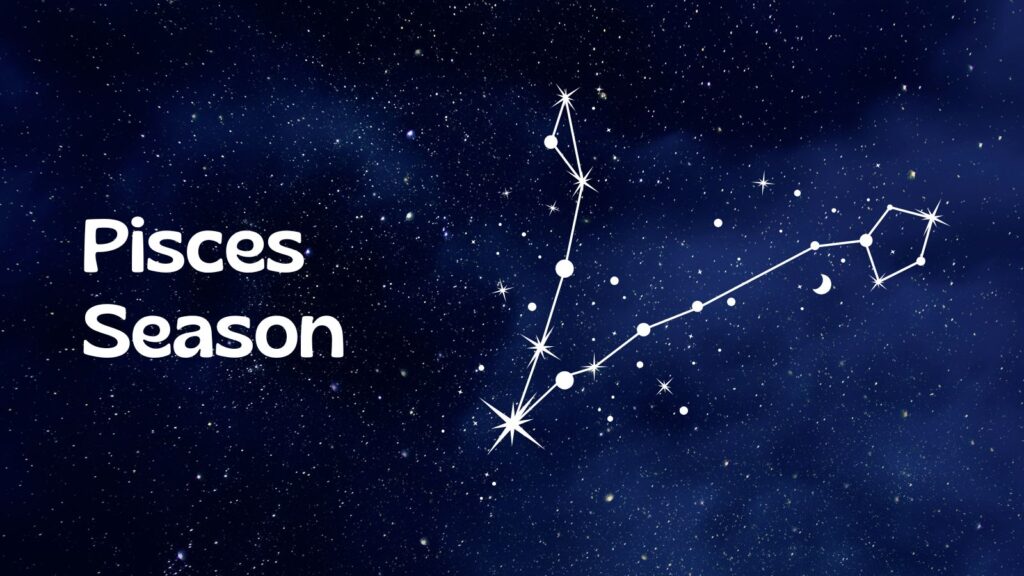A new study using satellite data has found that the Antarctic has warmed 1 to 5 degrees, on par with warming on the rest of the planet. It was once thought that it had so far escaped warming. The Wilkins Ice Shelf, once the size of Connecticut, could collapse any time in the next few weeks.
President Obama's rhetoric, including in his inaugural address last Tuesday, correctly makes global warming a top priority: "Each day brings further evidence that the ways we use energy strengthen our adversaries and threaten our planet." At another point in the speech, he put it on par with the nuclear threat, which it is, except that unlike the nuclear threat, the annihilation of civilization is absolutely assured if we simply do nothing.
His agenda, as expressed on the newly redesigned Whitehouse.gov website, includes a pledge to lower greenhouse gas emissions 80% by 2050, which is on par with what activists have been pushing for (although the science says it still may not be enough). The exact best mechanism is still under debate: a cap-and-trade system or a straight-up carbon tax?
But the population at large, worried about jobs and putting food on the table, are less alive than before to the danger or the need for change. In a recent survey, global warming ranked dead last on a list of 20 issues surveyed, with only 30% rating it as a top issue facing the country compared to 85% who named the economy. Even worse, in a separate poll the proportion of adults who understand that climate change is human caused has actually declined since 2006 – 44% now say it is due to long-term planetary trends while 41% say it is human caused.
The full efforts of organized falsehood and science for hire have been brought to bear to produce these distorted poll results. This is obvious from the partisan breakdown of people's opinions: "Fifty-nine percent (59%) of Democrats blame global warming on human activity, compared to 21% percent of Republicans." On what planet should your political affiliation have any effect on an intelligent person's ability to digest mainstream scientific opinion? You don't see a similar split between Republicans and Democrats on whether dietary fat contributes to heart attacks. Republican leaders have conspired to lie to their own supporters about the true effect of fossil fuels on the planet and for that they deserve our vilification above all else.
But I think the fundamental mistake for all of us who care about people and the planet is in failing to forcefully relate all of our priorities in a holistic vision. Here's the list of "issues" from top to bottom, with the economy listed as a top priority by 85 percent of those polled and global warming 30 percent: the economy, jobs, terrorism, Social Security, education, energy, Medicare, health care, deficit reduction, health insurance, helping the poor, crime, moral decline, military, tax cuts, environment, immigration, lobbyists, trade policy, global warming.
This breakdown is problematic at many points. "Moral decline" is a code word for worrying about other people's sex lives, not a political problem. Social Security's problems are actually much easier to resolve than those of Medicare and the health care system in general, because health care costs are rising faster than inflation in rich countries all over the world.
But the worst challenge for those of us who want to raise consciousness and get our friends and neighbors behind the massive changes that need to be made is this shallow and artificial separation between "the economy," "energy," "the environment," and "global warming."
What is an economy, anyway? The economy has been wrongly relegated to the hands of so-called experts who have royally fouled things up, but in theory it's very simple and since we all participate in it, we all have the right to decide what happens.
For a basic universal definition, how about this:
The sum of all human activity that serves human needs and transforms nature into culture. This covers everybody from loggers to digital marketers. At one end of the spectrum, you are extracting big chunks of nature and using them as the raw materials of culture, while at the other end, you are taking little pieces of nature (your lunch, your clothes, your MacBook) and turning them into lots more culture. Some natural resources are more easily renewable than others, as are some cultural resources. Generally, human intelligence and innovation are infinitely renewable, but our human lifespans are not, so we only have so much time in a day to come up with new ideas of value.
The economy we have today is a global system that depends unsustainably on the extraction of nonrenewable fossil fuels and other resources from the environment. There is no economy without energy. Likewise, there is no economy without a healthy environment. If environmental conditions are deteriorating, the economy will deteriorate. If the energy system is unsustainable, the economy is unsustainable.
Right now, all systems are failing. Simply put, the consumption-based, oil-hungry, mass-manufacturing economy invented and built by the United States the last century went into biological overshoot with the emergence of global markets and manufacturing centers, specifically China. It's now collapsing under its own weight, like a giant population of deer starving through the winter after the wolves were all shot by hunters. We're never going to get back on that track. We have to find an entirely new track.
Now should be an excellent time to discover the connections between energy, the environment, and the economy, which previously were obscured by the steel carapaces of civilization. More and more people are doing so. But it's hard. People are mainly worried about their own little igloo, without realizing that it's sitting on thinner and thinner ice.
Image by C Wood, courtesy of Creative Commons license.













